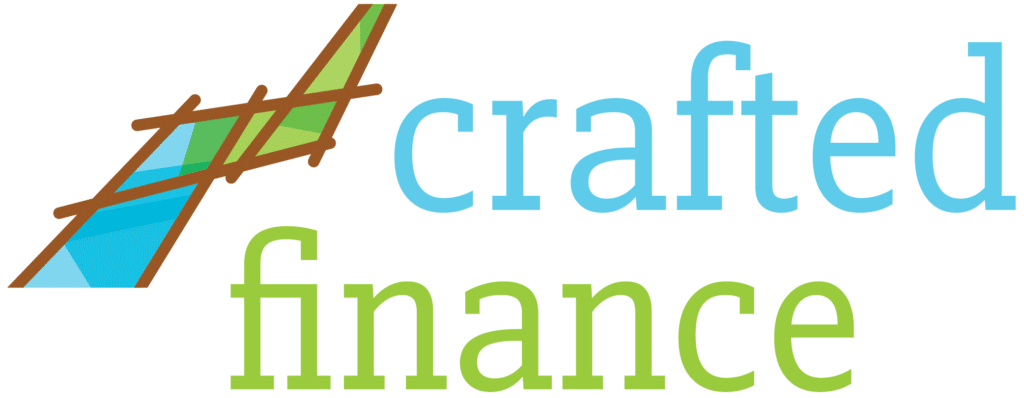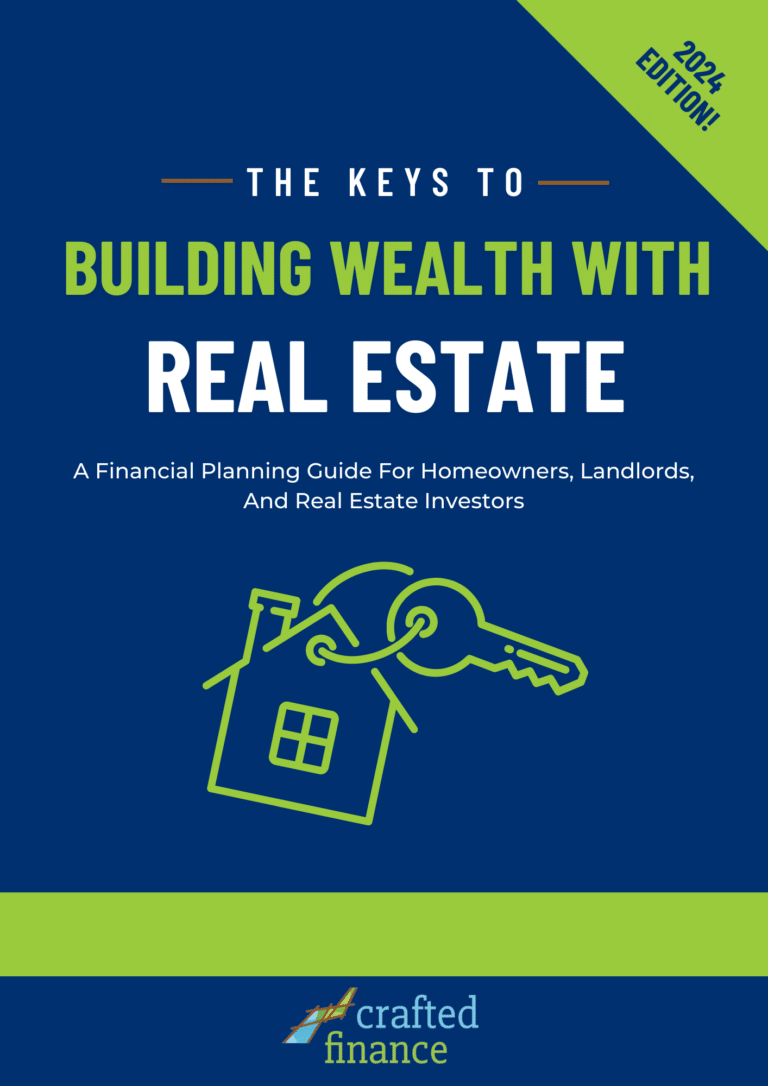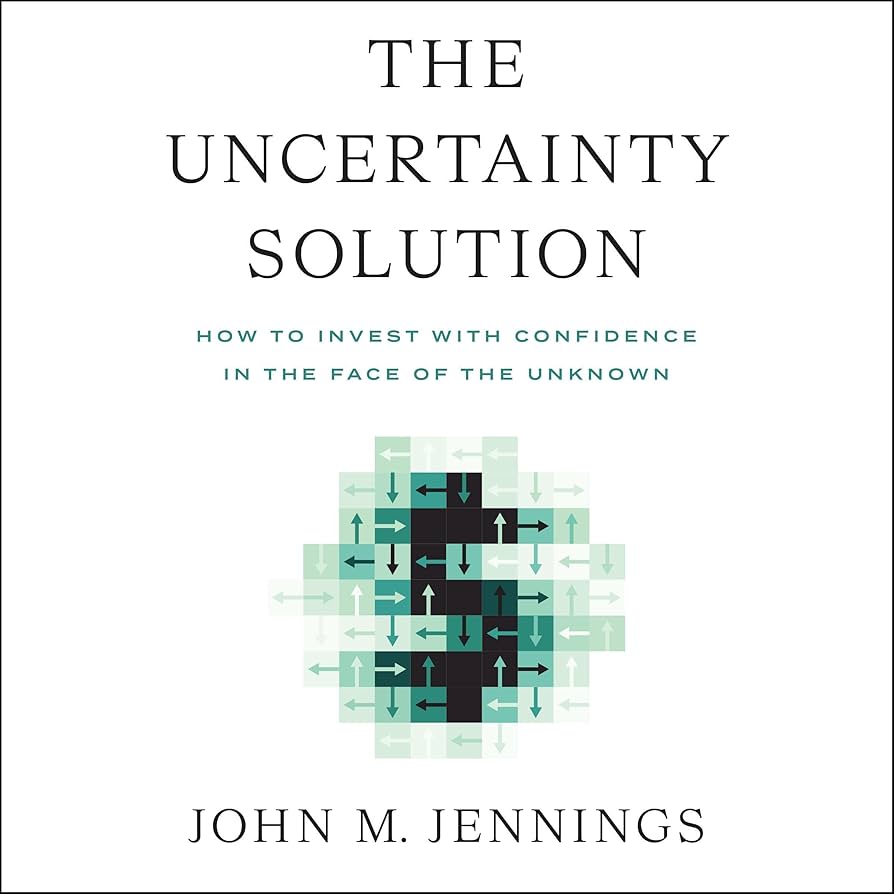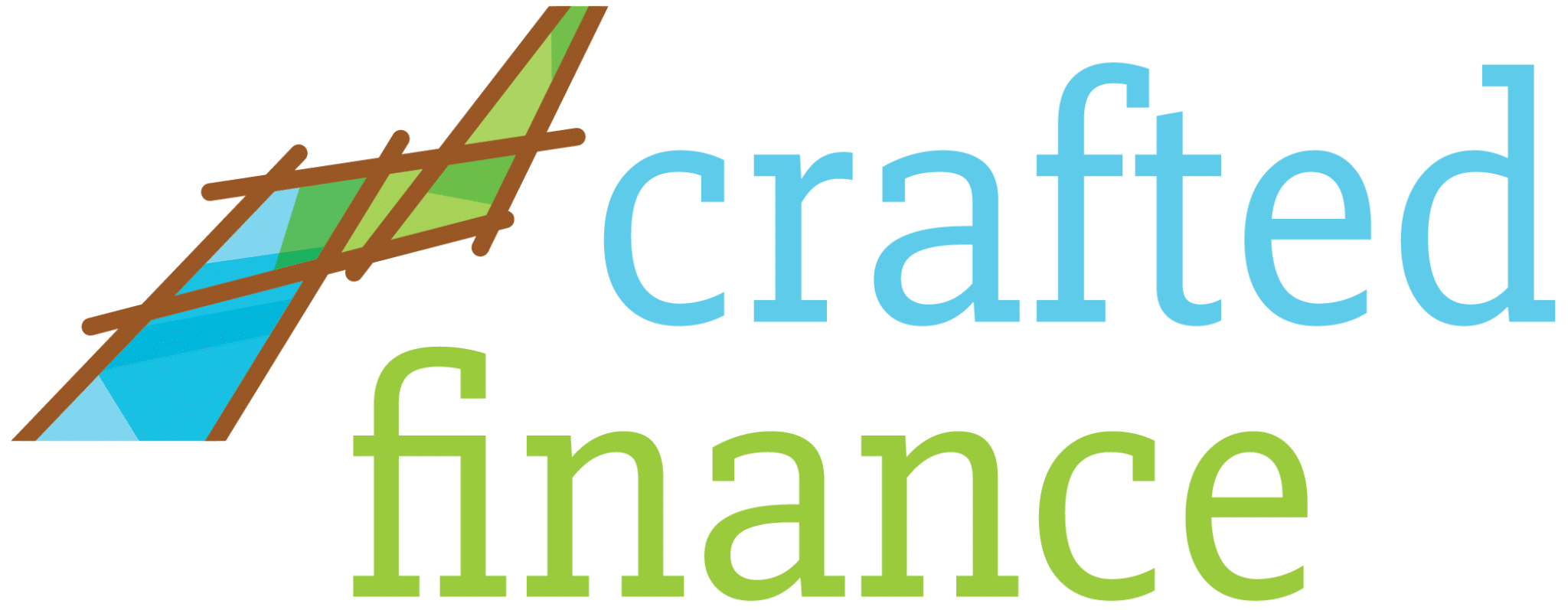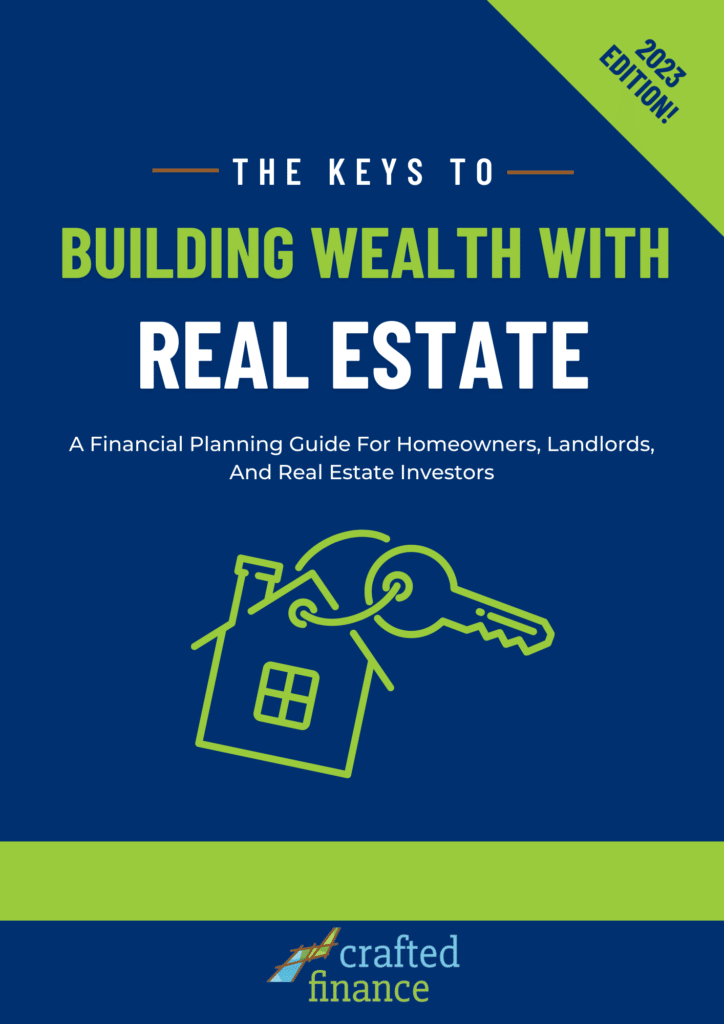What does passive income mean exactly' Because it’s treated like the financial holy grail. Everyone’s in search of its magical ability to heal all their money problems with ease. But let’s dispel the illusions. There’s always some work involved.
Ahhhhhhh, reality! It burns like FIRE!
But in all fairness there are ways to earn an income for far less work. And that’s what we’ll be discussing here. Below is a list of ways to generate income in more passive ways. Each has their own pros and cons, and some will be better suited depending on your situation.
Rental Real Estate
Pros: Property tends to appreciate over time. And this gives rental properties a significant edge in earning passive income. Not only are you collecting rent every month, but your underlying asset is simultaneously appreciating in value.
Additionally, through a 1031 exchange, you can sell your rental, roll the equity into a new property, and delay paying a capital gains tax. Honestly, in many ways the Government pushes us to invest in real estate with its tax incentives. You’ll be able to scale your real estate holdings over time to increase their underlying values and their ability to generate cash flow.
Cons: A down payment alone for a rental can be extremely expensive. And if you’re looking for a property management company to handle the maintenance, that’s even more money out of your pocket.
By the time you’ve paid the mortgage and other expenses, you may have little to nothing left over. And there will be months where the cash flow is WAY negative. Your earnings may struggle until A LOT of time goes by. And depending on the tenants you acquire, you may have to deal with disputes, damages, and evictions along the way.
Dividend Stocks
Pros: With dividend stocks, you can outsource passive income to some of the largest, and most innovative companies in the world. In a click of a button, you become entitled to your portion of their profits. You’ll soon start receiving dividends based on the company’s payment schedule.
Like when investing in real estate, your underlying asset (i.e. the stock) will ideally appreciate over time. And unlike real estate, your assets can be liquidated almost any time.
Cons: Easy-liquidation, however, creates a huge con. When times are tough and investors need their capital, they start selling. This supply/demand imbalance causes periods of lower price per share, and dividend stocks are not immune to the ails of a volatile marketplace. Dividend payments are also proportional to how much equity you own, which may provide very little income.
You can always invest more in dividend-paying companies, but this can diminish your portfolio’s diversification. Those who only buy dividend stocks can become over concentrated in a sector, and depending on market volatility, drastically reduce the value of your assets and passive income. Finally, just because a company pays a dividend doesn’t mean it’s a “good” investment.
YouTube Channel
Pros: Once you meet YouTube’s Partner Program requirements, your channel can be monetized. And you can continue receiving passive income from ads placed on new, and pre-existing content.
Additionally, you can have audience members make donations directly, or sign up for monthly subscriptions via websites like Patreon. It’s also possible to strike brand deals with specific advertisers for representation on your videos.
Cons: YouTube is an incredibly competitive platform, and it can be hard to break through the clutter. You’ll need to be posting a consistent basis to keep growing an audience. And there’s a technical learning curve when it comes to learning how to record and edit your content.
Earnings on smaller channels can be very insignificant. YouTube shouldn’t be seen as a quick way to earn some cash. It’s one of the least passive ways to earn on this list, and should only be considered if you’re devoted to using the platform on an ongoing basis.
Digital Products
Pros: Once you create a digital product (ex: ebooks and online courses), there’s very little work to do after. And in some cases, you’ll need to make few to no alterations when selling it over a longer time frame.
Digital products have the potential to bring in serious cash. Online courses for example can be sold for hundreds to thousands of dollars. And since everything’s online, there’s no limit to who you can reach with your product or service.
Cons: Like most things online, you’ll need an audience before the bucks come in. That means creating a brand that stands out with its message and quality of content. But in an age of internet gurus, “revolutionary” products, and incessant pop ups, that’s easier said than done.
Upfront costs for digital products can be substantial. Depending on what you’re creating, you may have to pour in a considerable amount of time and money just to make something of quality.
Affiliate Marketing
Pros: Affiliate marketing is a very passive way of generating an income. Existing companies simply leverage your audience to get their own products or services in front of new customers.
You can incorporate affiliate marketing into systems you already have in place. For example, you can allow for related-brand placements on your business’s website. Or, if you have a YouTube channel, work with sponsors in your published content.
Cons: Ads often have an unsavory reputation. If done poorly, the slapping of logos across your own brand can come across as disingenuous, or outright predatory.
It’s also important to consider reputational damage that can be done by association. If a brand you’ve proudly sponsored comes under fire, your own business can be hit by the blowback.
Peer to Peer Lending
Pros: Peer to Peer Lending (P2P lending) has a lower financial barrier of entry. And all it requires is for you to simply loan out your own money.
Operating as your own bank, you’ll use an online platform to instantly connect with borrowers. You’ll be able to see each borrower’s risk portfolio (ex: credit score), and have an opportunity to earn more on your money than you would with a traditional bank savings account.
Cons: There are security disadvantages of peer to peer lending. Many borrowers seeking a P2P loan may be doing so because they have no viable alternative. As a result, you’ll have many people seeking your loans with poor repayment histories.
Also, depending on the platform you use, your loans may be subject to substantial fees. So make sure to read the fine print of any platform’s terms and conditions. Additionally, getting out of loan can be a lengthy, costly, or even undoable process.
Vending Machines
Pros: You can get started with vending machines for only a few thousand dollars. On top of that, you’re getting a product and service rolled into one.
Your machine may not require constant attention. And if you find an area with enough foot traffic, you could earn as much as a rental property each month!
Cons: You’ll have to find someone, or perform maintenance on the machines yourself. You’ll also need to get familiar with restocking, ordering products, entering into agreements, and researching locations for vending machines.
Vending machines are also particularly prone to theft and damage. Additionally, given their collections in cash, you may need to keep a more watchful eye on money being skimmed off the top by those you hire to collect.
Crafted Finance
At Crafted Finance, we love watching our clients build wealth. And one of the most rewarding ways to do so is through passive income streams. By having these alternative sources of revenue, you can relax somewhat from your day job.
We understand how alluring ideas around passive income can be. But we’re also aware of the drawbacks, and misconceptions people have when getting involved.
If you’re interested in exploring how to earn passive income, we’re here to help. Feel free to book a complimentary consultation call, or call us directly at (650) 336-0598 to talk through your approach.

